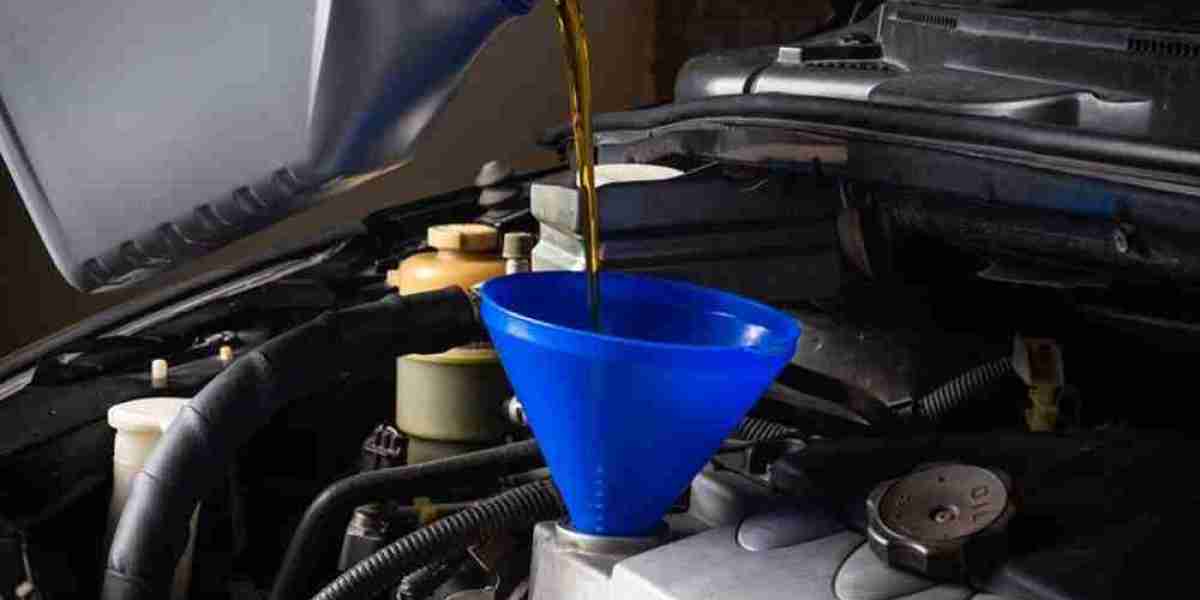Diesel Exhaust Fluid (DEF) and booster fuels are two vital components that work synergistically to optimize the performance of modern diesel engines. While DEF fluid aids in reducing harmful emissions, booster fuels enhance the overall efficiency and power output of engines. When utilized together, these elements create a symbiotic relationship that offers numerous advantages to vehicle owners and the environment alike.
Understanding DEF Fluid
DEF fluid, commonly known as AdBlue, is a solution composed of urea and deionized water. Its primary function is to mitigate the emissions of nitrogen oxides (NOx) produced by diesel engines. Through a process called selective catalytic reduction (SCR), DEF reacts with harmful emissions, converting them into harmless nitrogen and water vapor. This technology plays a pivotal role in complying with stringent emission regulations worldwide, making it an indispensable component in modern diesel engines.
Booster Fuels: An Overview
Booster fuels, alternatively known as fuel additives, are specifically designed to improve the combustion efficiency of diesel fuel. By enhancing the fuel's cetane rating and lubricity, booster fuels facilitate better ignition and smoother engine operation. This results in increased power output, improved fuel economy, and reduced exhaust emissions. Booster fuels are available in various formulations, each tailored to address specific engine requirements and performance goals.
The Synergy Between DEF Fluid and Booster Fuels
When DEF fluid and booster fuels are combined, they complement each other's benefits, resulting in a more significant impact on engine performance and environmental sustainability. The efficient combustion facilitated by booster fuels ensures that DEF fluid can effectively neutralize harmful emissions, maximizing the reduction of NOx pollutants. This synergy leads to enhanced engine efficiency, reduced fuel consumption, and lower overall operating costs for vehicle owners.
Benefits of Using DEF Fluid with Booster Fuels
Increased Engine Longevity: The cleaner combustion achieved with the use of booster fuels and DEF fluid reduces wear and tear on engine components. By minimizing the accumulation of carbon deposits and engine fouling, this integrated approach prolongs the engine's lifespan and reduces maintenance costs. Additionally, the reduction in harmful emissions contributes to cleaner engine internals, further enhancing longevity.
Enhanced Environmental Friendliness: The combined use of DEF fluid and booster fuels results in significant reductions in harmful emissions, such as nitrogen oxides (NOx). This leads to cleaner air quality and a reduced carbon footprint, aligning with environmental sustainability goals. By investing in these technologies, vehicle owners contribute to a healthier environment and help mitigate the adverse effects of air pollution on human health and ecosystems.
Cost Savings in the Long Run: While the initial investment in DEF fluid and booster fuels may seem substantial, the long-term savings outweigh the costs. The improved fuel efficiency achieved through cleaner combustion and enhanced engine performance results in reduced fuel consumption and lower operating costs over time. Additionally, the extended engine lifespan and reduced maintenance requirements translate to further savings for vehicle owners, making it a financially prudent investment in the long run.
Common Misconceptions
Despite the proven benefits, there are misconceptions surrounding the use of Diesel Exhaust Fluid and booster fuels. Some skeptics believe that these additives are costly and ineffective. However, advancements in technology have made them more accessible, affordable, and efficient than ever before. Proper education and awareness regarding the benefits and applications of DEF fluid and booster fuels are essential in dispelling myths and misinformation, allowing vehicle owners to make informed decisions about their use.
How to Properly Use DEF Fluid with Booster Fuels
To maximize the benefits of DEF fluid and booster fuels, it's crucial to follow manufacturer guidelines and recommendations. This includes proper storage, handling, and dosage to ensure optimal performance and compatibility with diesel engines. Regular monitoring of DEF fluid levels and periodic maintenance checks are also essential to maintain peak performance and prevent potential issues. By adhering to best practices, vehicle owners can ensure the effective integration of DEF fluid and booster fuels into their operations, maximizing efficiency and minimizing environmental impact.
Future Trends and Innovations
As the automotive industry continues to evolve, we can expect further innovations in DEF fluid and booster fuel technology. Manufacturers are continuously researching and developing new formulations and technologies to enhance performance, improve efficiency, and reduce environmental impact. From advanced SCR systems to innovative fuel additives, the future holds promising advancements that will further optimize engine performance and contribute to a cleaner and more sustainable transportation landscape.
Conclusion
The benefits of DEF fluid with booster fuels extend far beyond mere engine optimization. From increased engine longevity to enhanced environmental friendliness and cost savings, this integrated approach offers a holistic solution that addresses both performance and sustainability concerns. By leveraging the synergistic effects of DEF fluid and booster fuels, vehicle owners can achieve tangible benefits while contributing to a cleaner and healthier environment. Embracing these technologies is not just a choice; it's a step towards a brighter and more sustainable future for generations to come.
FAQs
Is DEF fluid compatible with all diesel engines?
Yes, DEF fluid is compatible with most modern diesel engines equipped with selective catalytic reduction (SCR) systems. However, it's essential to consult the manufacturer's recommendations to ensure compatibility and optimal performance.
Can booster fuels be used in all diesel vehicles?
While booster fuels are generally safe for use in diesel engines, it's crucial to check compatibility with the specific engine type and model. Some engines may require specialized formulations or may not benefit significantly from booster fuels.
How often should DEF fluid be replenished?
The frequency of DEF fluid refills depends on various factors, including vehicle usage, operating conditions, and mileage. Typically, it's recommended to refill DEF tanks during scheduled maintenance intervals or when the fluid level indicator approaches a certain threshold.
Are there any environmental concerns associated with DEF fluid?
DEF fluid is non-toxic and biodegradable, posing minimal environmental risk when handled and disposed of properly. However, it's essential to follow proper storage and handling procedures to prevent contamination and ensure environmental compliance.
Can booster fuels improve fuel economy in older diesel engines?
Yes, booster fuels can still provide benefits in older diesel engines by improving combustion efficiency and reducing exhaust emissions. However, the extent of improvement may vary depending on the engine condition, fuel quality, and operating conditions.
Get a Quote now: https://Booster Fuelsusa.com/get-quote-fleet/
Source: https://diigo.com/0w728d


